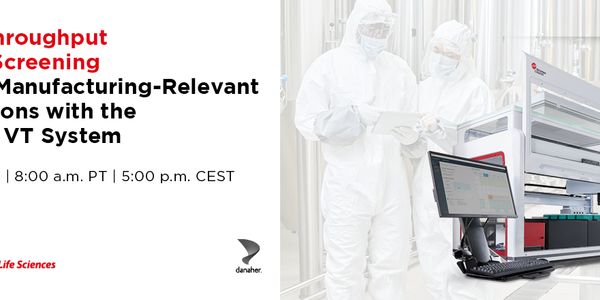Refinement of epigenetic approaches in neuroscience
-
Richard Lee, PhD
Assistant Professor, Johns Hopkins University School of MedicineBIOGRAPHY
Epigenetics refers to the study of nuclear architecture and gene regulation. Epigenetic mechanisms govern many physiological processes such as cell differentiation, x-inactivation, and genomic imprinting, and pathophysiological processes such as loss of imprinting. Epigenetic mechanisms are especially relevant in psychiatry and neuroscience, as exposure to stress, trauma, or toxicants are thought to alter brain function through epigenetic mechanisms. However, there are substantial challenges to studying epigenetics in the brain, as the brain is a highly heterogeneous organ whose constituent cells and circuits perform diverse functions such as storage of memory, behavioral and emotional response, and regulation of homeostasis among many others.
In this presentation, Dr. Lee will first provide a brief overview of epigenetics and several commonly used approaches to study epigenetic mechanisms in gene regulation. In particular, he will focus on the implementation of an unbiased, genome-wide platform called Methyl-Seq to study DNA methylation, which is one of the more commonly studied epigenetic modifications, to identify targets of stress and glucocorticoid exposure in the brain. Dr. Lee will then discuss some of the challenges associated with implementing epigenetic tools to answer questions in psychiatry and neuroscience, such as limiting starting material, cellular heterogeneity, and neuronal subtypes. Dr. Lee will also focus on enrichment methods using genetic labeling and flow cytometry to isolate relatively homogenous populations of cells for downstream epigenetic applications. Epigenetic tools, when combined with concepts and powerful analytical tools in neuroscience, have the potential to elucidate the molecular underpinnings of neuronal function.
For Research Use Only. Not for use in diagnostic procedures.
Refinement of epigenetic approaches in neuroscience
Please update your information
Certificate of Participation
DOWNLOAD CERTIFICATE






